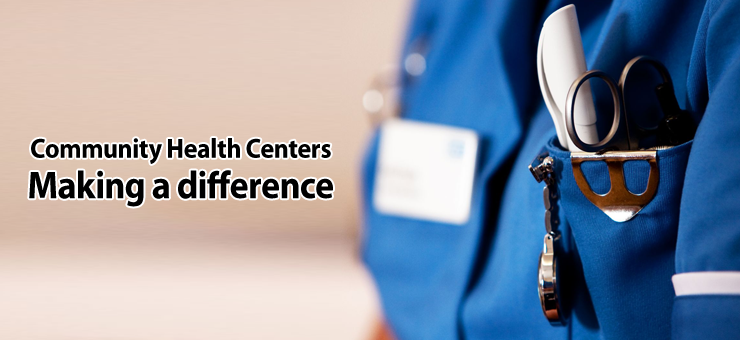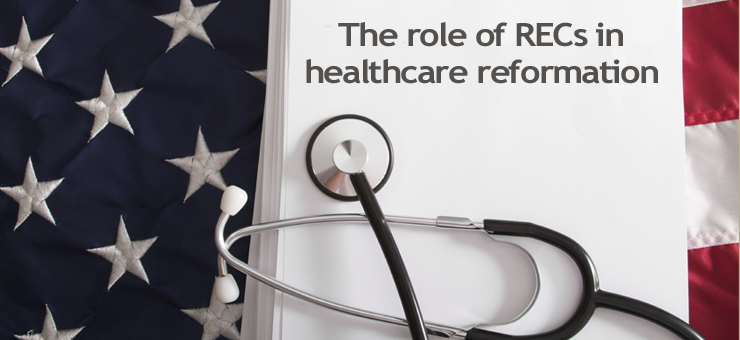Healthcare Information Technology has seen rapid growth over the past few years. At the forefront of this massive change is President Obama’s initiative known as Obamacare. One of the key features of Obamacare is the push towards registering uninsured patients, which form a major part of US population. Let’s look into some of the aspects Read more…
The Right Marketing List Can Lead to More Revenue
Most medical practices depend on patient visits to generate revenue, which in turn, can be used to pay for the various operational costs of running a particular practice. Modern day practices are doing all they can to increase their patient volume. In an effort to retain their current patients and to attract new ones, they Read more…
Should healthcare be free of cost?
Medical ethics, a set of moral principles that govern the practice of medicine, imply that a medical practitioner needs to display consideration, compassion, and benevolence to their patients. This is a complex concept. Compassion arises from humanitarian sensitivity, and that would essentially dictate that if I am unable to cover the expenditure associated with my Read more…
Community Health Centers: Making a difference
Community Health Center (CHC) model is one of the premier beneficiaries of federal grants for primary care in the United States. Uninsured patients are a major part of the overall population. In 2013, United States Department of Health and Human Services allocated $150 million in financial support to CHCs for providing enrollment assistance to uninsured Read more…
Survey finds Obamacare will impact physician career time lines
A recent study has found that nearly half of US physicians think Obamacare will impact their career time lines in one way or the other as they will have to re-evaluate their length of stay in practice. The study, undertaken by Jackson & Coker, a physician staffing firm, surveyed over 3,000 practicing physicians from a Read more…
Healthcare.gov problems: What to tell patients in under two minutes?
Glenn Stream, former president of the American Academy of Family Physicians (AAFP), has warned that there are a lot of challenges ahead for providers, especially in terms of questions from patients about their insurance registration. He made these remarks a few days before marketplaces for federal and state health insurances went live. The Obamacare Health Read more…
Survey finds seniors relying on technology to manage healthcare
As technology continues to assist patients in improving their health care experience, it is finding acceptance among senior citizens as well. According to a recent survey, by the research firm Accenture, 57% of patients aged 65 years and older are seeking digital tools to manage health. As seniors become more tech savvy, they are seeking virtual Read more…
The role of RECs in healthcare reformation
The Healthcare industry is constantly innovating, and the Regional Extensive Centers (RECs) represent one of these innovations. RECs were established in 2010, with a total budget of $643 million, to be spent over a period of four years. The goal, set for these information exchange centers, was to spread technical guidance and information on best Read more…
Six Questions with an HIE Pioneer
Joe Heyman, founder of Whittier Independent Practice Association, former board chairman of AMA and president of the Massachusetts Medical Society, is working on a health information exchange structure that would combine multiple streams of data, from contrasting sources, in order to make coherent patient records. A person of Heyman’s stature has seen enough exchange of Read more…
Minimize Your Account Receivables: 3 Tips
It doesn’t really matter if you are managing your accounts receivable diligently, revisiting them from time to time may yield more cash. After all, cash flow helps your business run smoothly and without any hiccups. One such service which helps you manage your revenue cycle better is CureMD billing services. Here are three tips which Read more…









